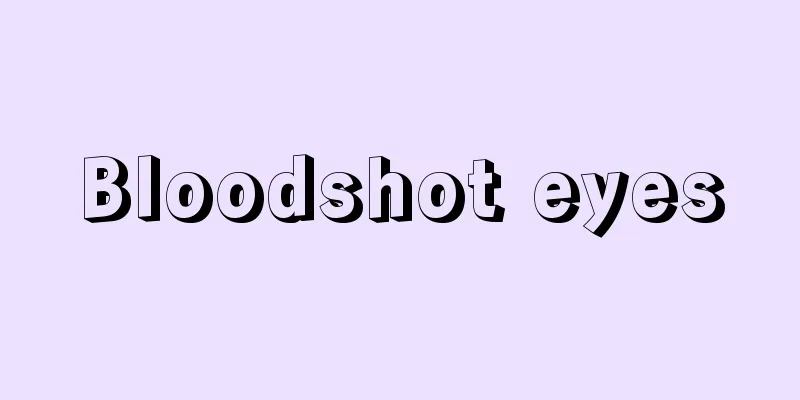What should I do if I always have a headache in the afternoon

|
If you have a headache in the afternoon but it is normal at other times, this is most likely a tension headache caused by overwork. Tension headaches can greatly affect a person's mental state, which will naturally affect their work efficiency. Therefore, if this problem occurs, it is necessary to seek medical treatment in a timely manner. Treatments for tension headaches include both drug and non-drug treatments. Here is some information about tension headaches! 1. Causes Tension headaches are caused by persistent contraction of the head and neck muscles. The reasons for this contraction include: 1. as a result of anxiety or depression accompanied by mental tension; 2. as a secondary symptom of headaches or pain in other parts of the body due to other reasons; 3. due to poor posture of the head, neck, and shoulder girdle. 2. Clinical manifestations This disease is more common in young and middle-aged people, children may also get the disease, and it is slightly more common in women. The symptoms are mild at the beginning of the disease, and then gradually become more severe. The clinical characteristics of tension-type headache are irregular headache location, dull pain in the head, no pulsation, headache located in the top, temporal, forehead and occipital region, sometimes all of the above regions are painful, the headache degree is mild or moderate, and is not aggravated by physical activity. Patients often complain of tight pressure on the top of the head or a tight feeling on the head, tightness and stiffness in the occipital and neck area, which is particularly obvious when turning the neck. There is no photophobia or phonophobia. A few patients have mild irritability or depression, and many patients also have symptoms such as dizziness, insomnia, anxiety or depression. Physical examination includes neurological examination, which shows no positive signs. The muscles around the skull, such as the occipital muscles, the top of the head and the upper shoulders are often tender. Sometimes, the patient feels relaxed and comfortable when gently massaged. Brain CT or MRI (magnetic resonance imaging) should show no abnormalities, and should not be accompanied by hypertension or obvious ear, nose, and throat diseases. Treatment 1. Medication Because the pathogenesis of tension-type headache is unclear, mild non-narcotic analgesics are often used to relieve symptoms, mainly non-steroidal anti-inflammatory drugs (NSAIDs). Other drugs include appropriate amounts of muscle relaxants and mild sedatives, and antidepressants are also often used depending on the condition. It is usually given orally and used for a short period of time to avoid drug toxicity and side effects. Many of the drugs used to treat this condition are the same as those used for migraine. During the acute attack period, non-steroidal anti-inflammatory drugs such as acetaminophen, aspirin, ergotamine or dihydroergotamine are also effective. For frequent and chronic tension-type headaches, preventive treatment should be adopted. Tricyclic antidepressants such as amitriptyline and doxepin, or selective serotonin reuptake inhibitors such as sertraline or fluoxetine, or muscle relaxants such as eperisone hydrochloride and baclofen can be used. Patients with insomnia can be given benzodiazepines such as diazepam orally. The principles to be followed when using analgesics for tension headaches are: 1. Use sufficient doses in the early stages of the headache. ② For occasional tension-type headaches that occur less than 15 days a month and frequent tension-type headaches, analgesics can be used as appropriate when the headache occurs. Analgesics are not recommended for chronic tension-type headaches that occur more than 15 days per month, and preventive medications are recommended instead. 2. Non-drug treatment Tension headaches can be improved with physical therapy. The treatment plan adopted by some scholars includes four parts: (1) Train the correct neck and head posture when sitting, standing, sleeping and working. (2) Practice improving head position and prone position exercises at home to strengthen the muscles at the back of the neck, and place an ice pack on the back of the neck. (3) Massage the back and shoulders with medium to deep pressure for 2 minutes. (4) Passively stretch the scalenes, upper trapezius, levator humeri, and pectoralis muscles for 5 minutes. |
<<: Why is my tongue always numb?
>>: I always feel uncomfortable. What's going on?
Recommend
What are the symptoms of brain neurofibroma
Neurofibroma is a common brain tumor disease that...
Is skin cancer caused by ultraviolet radiation hereditary?
When it comes to skin cancer, everyone will have ...
Why does my heart beat faster after drinking alcohol?
Many people always talk about things over a drink...
The efficacy of morning glory
Traditional Chinese medicine is the quintessence ...
What are the common side effects of intravenous infusion?
Intravenous infusion is an advanced treatment met...
What should I pay attention to when ferritin is high
Ferritin is a very important iron storage protein...
People who speak fast have high IQ
Every person you meet in daily life has different...
Can lung cancer patients eat Gastrodia elata?
Can lung cancer patients eat Gastrodia elata? 1. ...
What to eat when you have a cold and fever? Eat more of these fruits
When you have a cold or fever, you will lose your...
What is Percutaneous Transhepatic Biliary Drainage? A Treatment Technique
There are many serious diseases, such as severe a...
What is the reason for back pain?
Back pain is a very common symptom clinically. Th...
Can patients with high triglycerides drink beer?
High triglycerides themselves are not a serious d...
Can toothpaste remove spots on the face?
We use toothpaste almost every day. In addition t...
What to do if a tooth crack hurts?
When you have painful tooth cracks, you must unde...
Is glioma a familial genetic disease?
Suffering from a brain tumor is a serious blow to...









